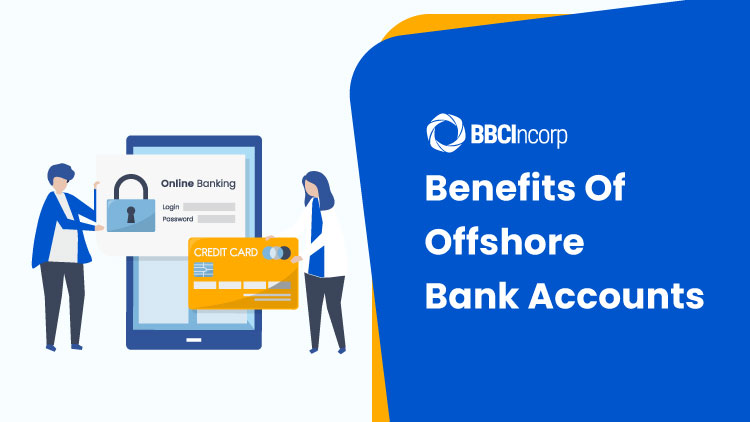Index Surge: Amplifying Your Insights
Stay updated with the latest trends and news across various industries.
Is Your Money Swimming with Sharks? The Truth About Offshore Banking
Discover the hidden dangers of offshore banking! Is your money at risk? Dive in to uncover the truth that could save your savings!
The Risks and Rewards of Offshore Banking: What You Need to Know
Offshore banking has gained popularity as individuals and businesses seek to diversify their financial portfolio and protect their assets. However, the risks and rewards of offshore banking are complex and should be thoroughly understood before making any decisions. On one hand, offshore accounts may offer benefits such as tax optimization, privacy, and enhanced asset protection. In some cases, these accounts provide access to exclusive investment opportunities and can facilitate international transactions more easily.
On the other hand, the potential downsides must be weighed carefully. Risks associated with offshore banking include legal challenges, higher fees, and the possibility of increased scrutiny from tax authorities. Additionally, if the financial institution is not well-regulated, customers may face difficulties in accessing their funds or insuring their deposits. To navigate this landscape, it is crucial to conduct thorough research and seek professional advice to ensure that the benefits outweigh the risks.

5 Common Myths About Offshore Banking Debunked
Offshore banking has long been surrounded by misconceptions that can deter individuals from exploring its potential benefits. One prevalent myth is that offshore accounts are only for the wealthy or criminals. In reality, offshore banking is accessible to a wide range of individuals, including expatriates, digital nomads, and anyone seeking to diversify their financial portfolios. This is especially beneficial for those living in unstable economies, where offshore banking provides a secure environment for their assets, independent of local regulations.
Another common myth is that engaging in offshore banking is illegal or unethical. This assumption stems from the sensationalized portrayals in media highlighting tax evasion and money laundering. However, offshore banking is perfectly legal when done transparently and in compliance with tax regulations. Many individuals utilize offshore accounts for legitimate reasons, such as asset protection, estate planning, and currency diversification. When approached with proper knowledge and legal guidance, offshore banking can serve as a powerful financial tool.
Is Your Offshore Account Safe? Understanding Regulations and Protections
When considering whether your offshore account is safe, it’s crucial to understand the various regulations that govern these accounts. Offshore banking can offer several advantages, including privacy, asset protection, and diversification of investments. However, it's vital to recognize that these benefits are accompanied by stringent regulatory frameworks designed to prevent money laundering and tax evasion. Countries such as Switzerland, the Cayman Islands, and Singapore have established laws that require banks to comply with international standards, ensuring that your assets are safeguarded. Being aware of these regulations can enhance your sense of security when managing an offshore account.
In addition to regulatory compliance, several protections are in place to further secure your offshore investments. Many countries have implemented strict banking regulations that mandate a minimum level of capitalization and require banks to maintain customer privacy. Furthermore, reputable offshore financial institutions often provide insurance on deposits to shield against bank insolvency. For instance, the International Financial Services Commission (IFSC) in Belize protects deposits up to a certain amount, while other jurisdictions may offer similar guarantees. It’s essential to research and choose a well-regulated offshore bank to ensure that your offshore account is safe and compliant with the latest financial regulations.